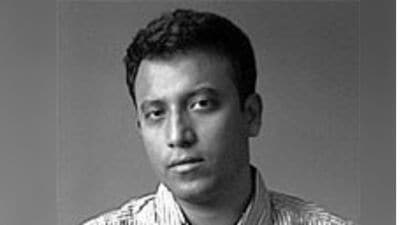Financial Health Check
I am a retired person. I do not have the benefit of pension. My only source of income is from the Monthly Income Scheme the of post office. ...

I am a retired person. I do not have the benefit of pension. My only source of income is from the Monthly Income Scheme the of post office. What is my normal standard deduction in this case? What other deductions am I entitled to?
B N Anand
I am 18 year old college going student. My father expired a year ago and left behind Rs 7 lakh. I don’t know where to invest them, there is no one to guide me. Please help.
Talwinder Randhawa,
Chandigarh
I’m not sure if you want regular income from this money or want to invest it for the long term so that it grows in value. If you want regular income then you could look at a Post Office Monthly Income Scheme where you can put a maximum of Rs 3 lakh. The rest of the money could go a bank deposit or an income fund, depending on how much risk you are willing to take with the capital. The problem today with lower risk bank deposits is the high inflation that is reducing the purchasing power of the money. If you want to put the money away for a few years, look at buying National Saving Certificates that are attractive at the current rates of return. This is a low risk strategy. If you are able to take higher risk, then you could put part of the money (say 20-30 per cent) in a good diversified equity mutual fund that will allow your capital to grow. Remember diversification is a good strategy across asset classes to protect and grow your money.
Send in your insurance, tax, investment and financial planning questions to and get advice from our panel of experts
Disclaimer: The information and advice on this page is only indicative. The Indian Express takes no responsibility for the investment decisions of the readers.
Photos



- 01
- 02
- 03
- 04
- 05




























